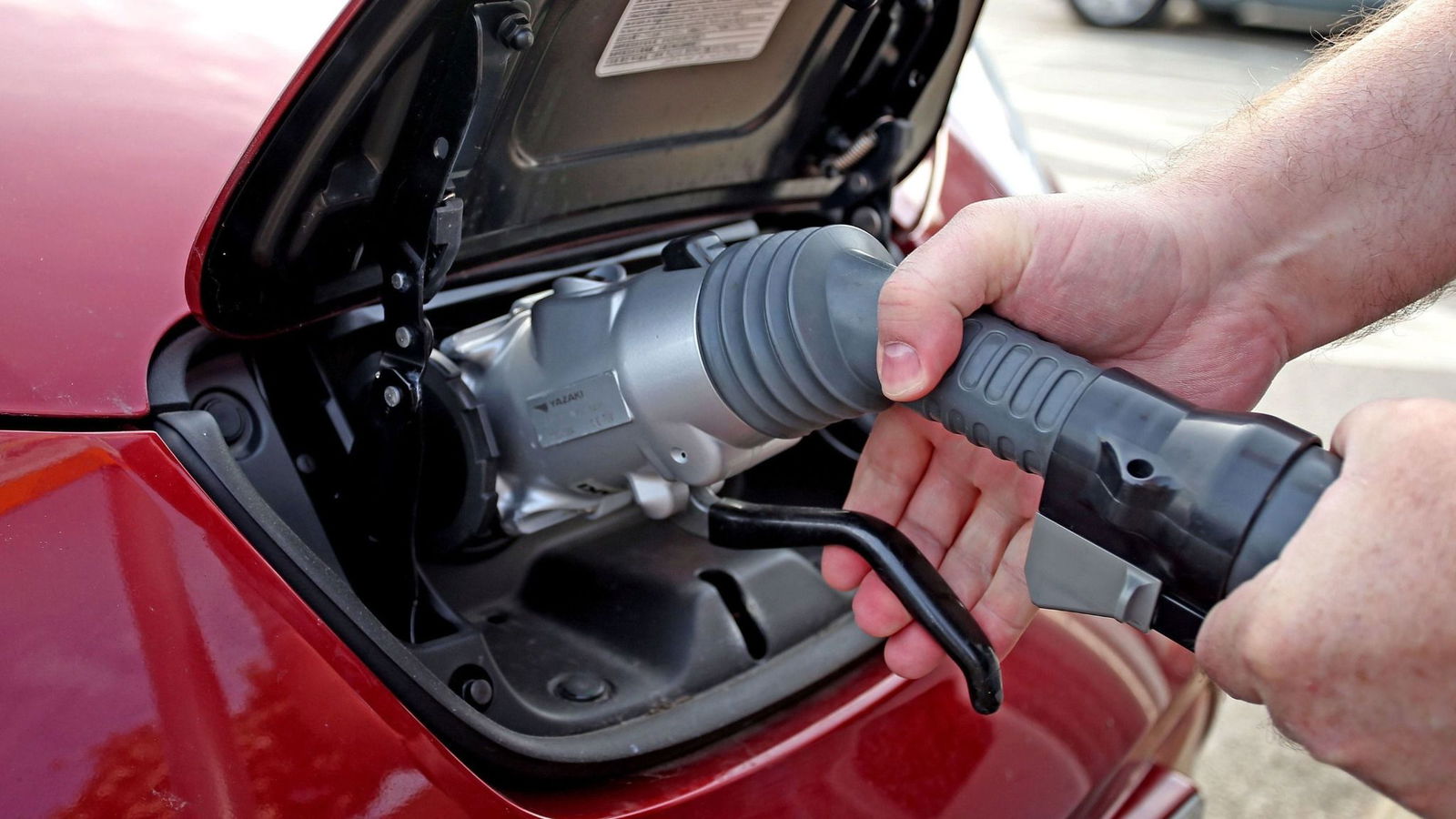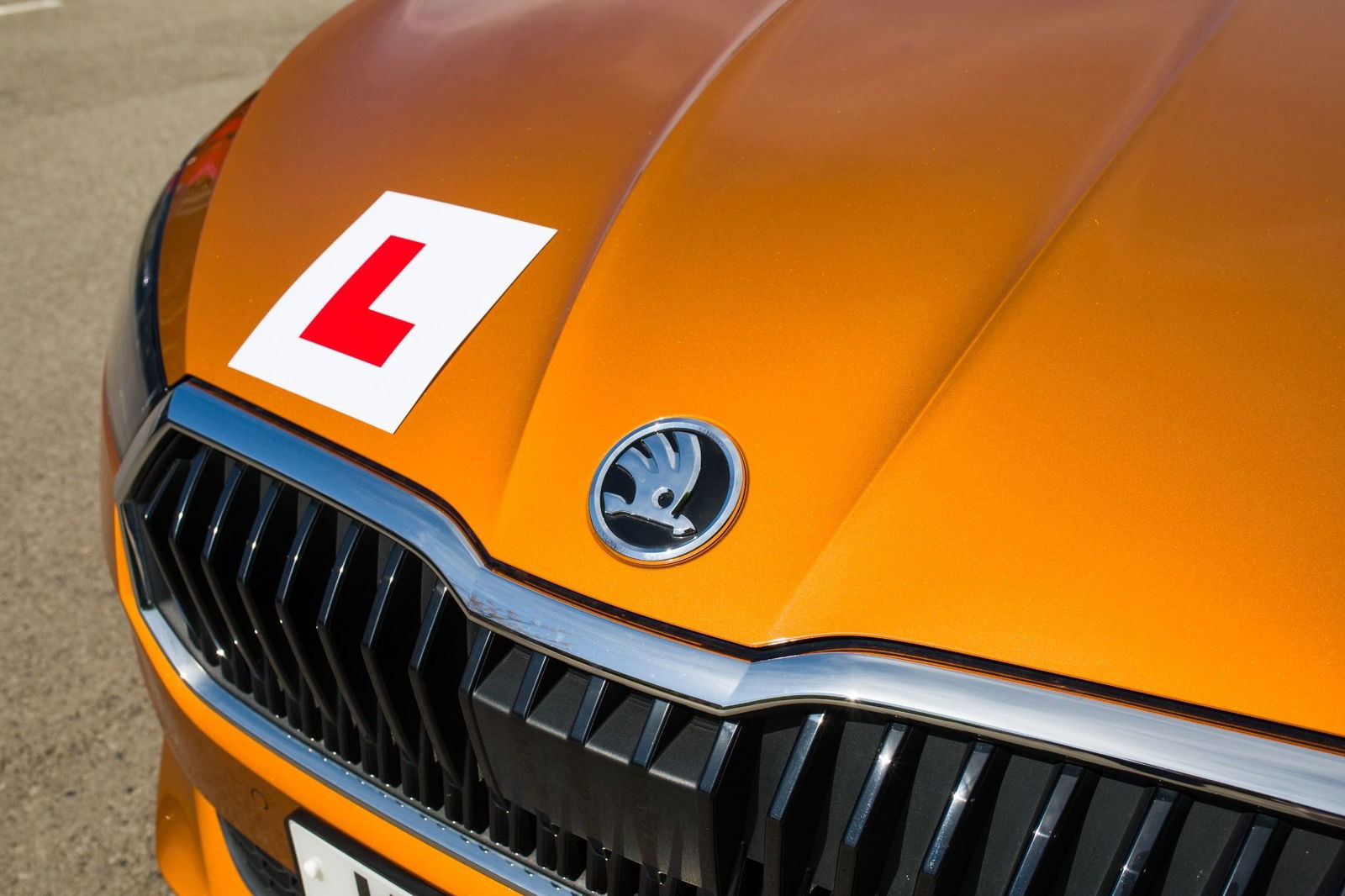What Happens at the End of a Car Finance Agreement?
There are many types of finance agreements including HP, PCP, Personal Loans and PCH. This blog will explore what happens at the end of these various car finance agreement so you can drive forward with confidence in your choice.











